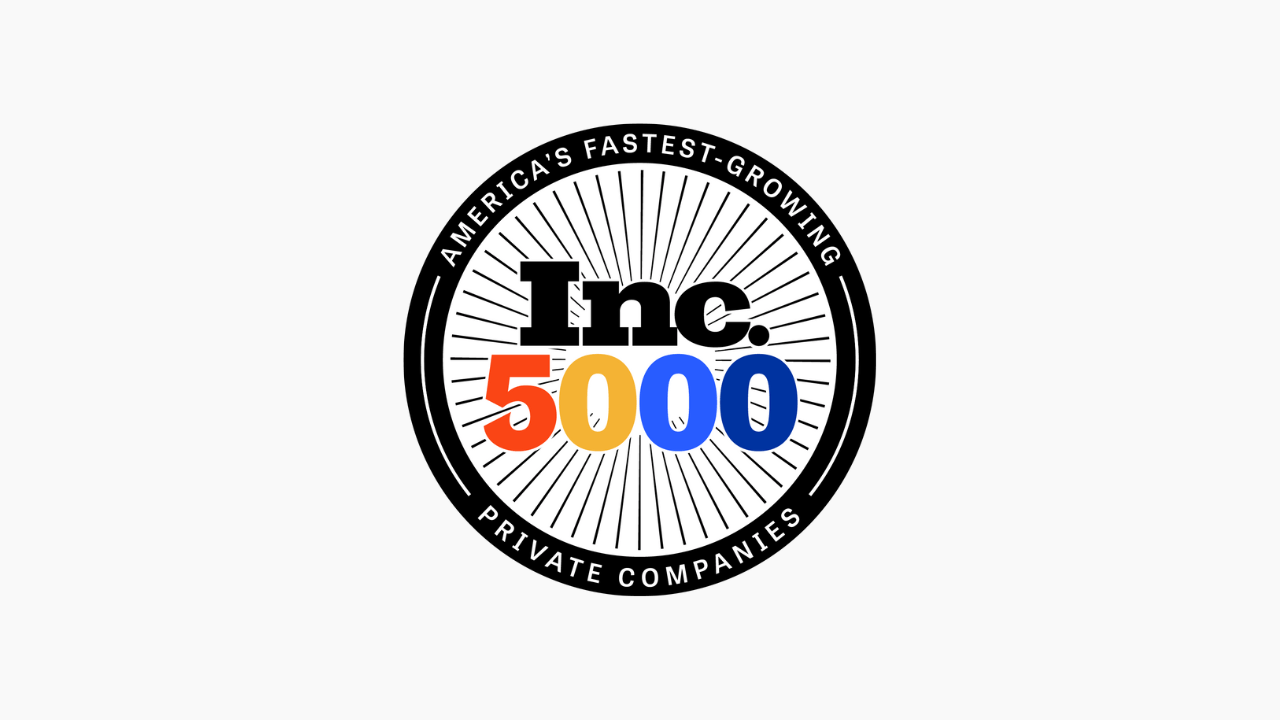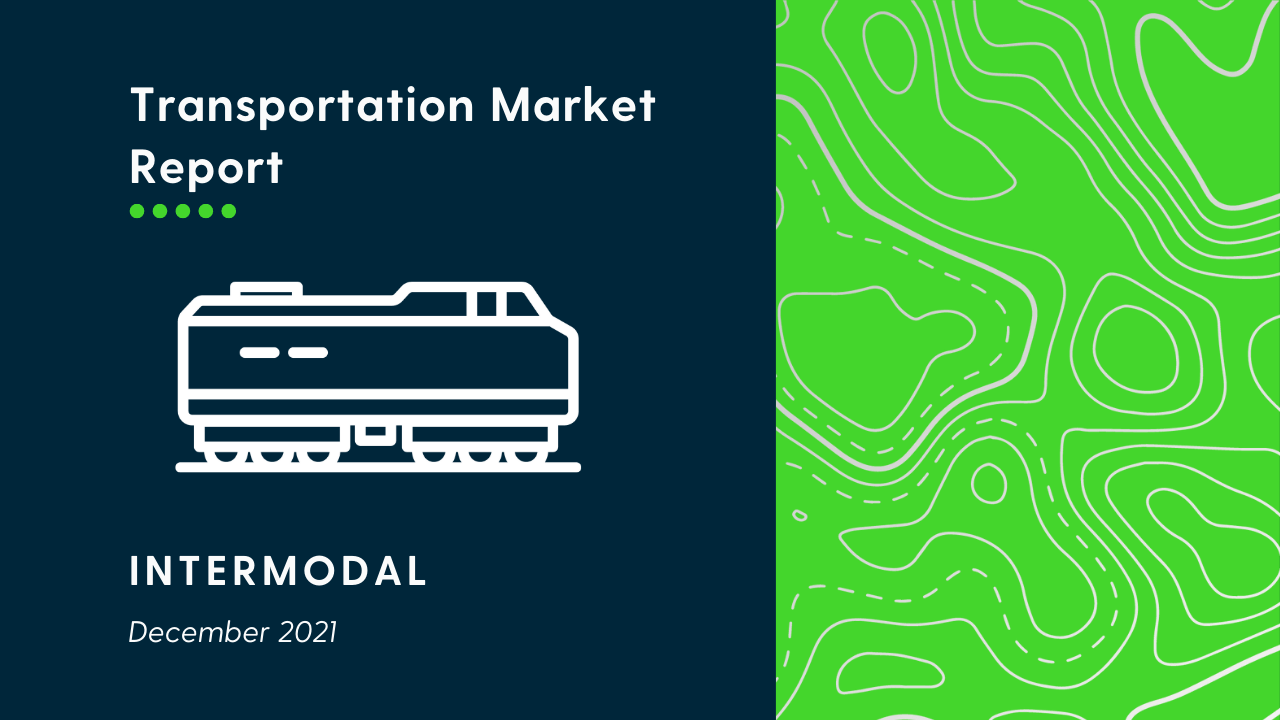All The News You Need to Know: 10/15-10/19
Transportation Business
Sears owes transportation and logistics providers $16.7 million. With $15.8 million due in the next 30 days, Sears faces “catastrophic consequences” as carriers terminate service and demand payment, the bankrupt retailer said in court filings. “It’s not uncommon for freight to get held up when a carrier is trying to pressure a shipper to compensate them,” said Harold Friedman, senior vice president of global corporate development at Data2Logistics LLC, a freight payment firm based in Fort Meyers, FL to The Wall Street Journal. “That’s the whole purpose of putting them in a preferred category, to keep that from happening.”
Trucking condition index shows
incremental rate and capacity stabilization.
"The August TCI reading is the lowest of 2018 so far,
but prior to this year the TCI had not been higher than 10.24 since December
2015," said Avery Vise, FTR's vice president of trucking. "In other
words, the moderation we see in trucking conditions really just highlights how
phenomenal the first half of 2018 was. Based on our current forecast, trucking
conditions will remain positive at least through 2019.” The TCI tracks
changes in freight volumes, rates, capacity, fuel pricing, and financing.
J.B. Hunt Transportation Services Inc. raise driver pay by 21.3%. Labor costs have soared over the past year as carriers across the industry battle over a shallow driver pool. The company claims that costs are being driven by higher salaries, increased benefits, and sign-on bonuses. Revenue is also up 20% overall for the carrier, The Wall Street Journal’s Jennifer Smith reports.
Transportation Tech
Companies that fail to futureproof
their supply chains risk major disruption, according to The New Economy.
The
special report warns that traditional supply chains are “a thing of the past”
and that “retailers must be ready to handle the data supply chain of the
future.” Effective data management, an understanding of tech, omni-channel retail
approach, and prioritizing convenience are some of the key areas where shippers
need to focus.
New study shows predicts major investments in IoT tech over next 5 years. Companies will spend $434.9 billion annually developing Internet of Things (IoT) supply chain solutions, according to Forrester Research’s report. That would mark a substantial increase form the $186.1 billion spent in 2017. “The interconnected nature of the IoT means that even innocuous devices like the connected fridge can become a threat. Vendors see that risk as low, while little has been done from a regulatory perspective to protect consumers,” said research author Steffen Sorrell.











